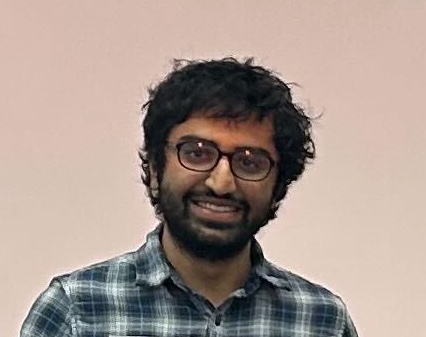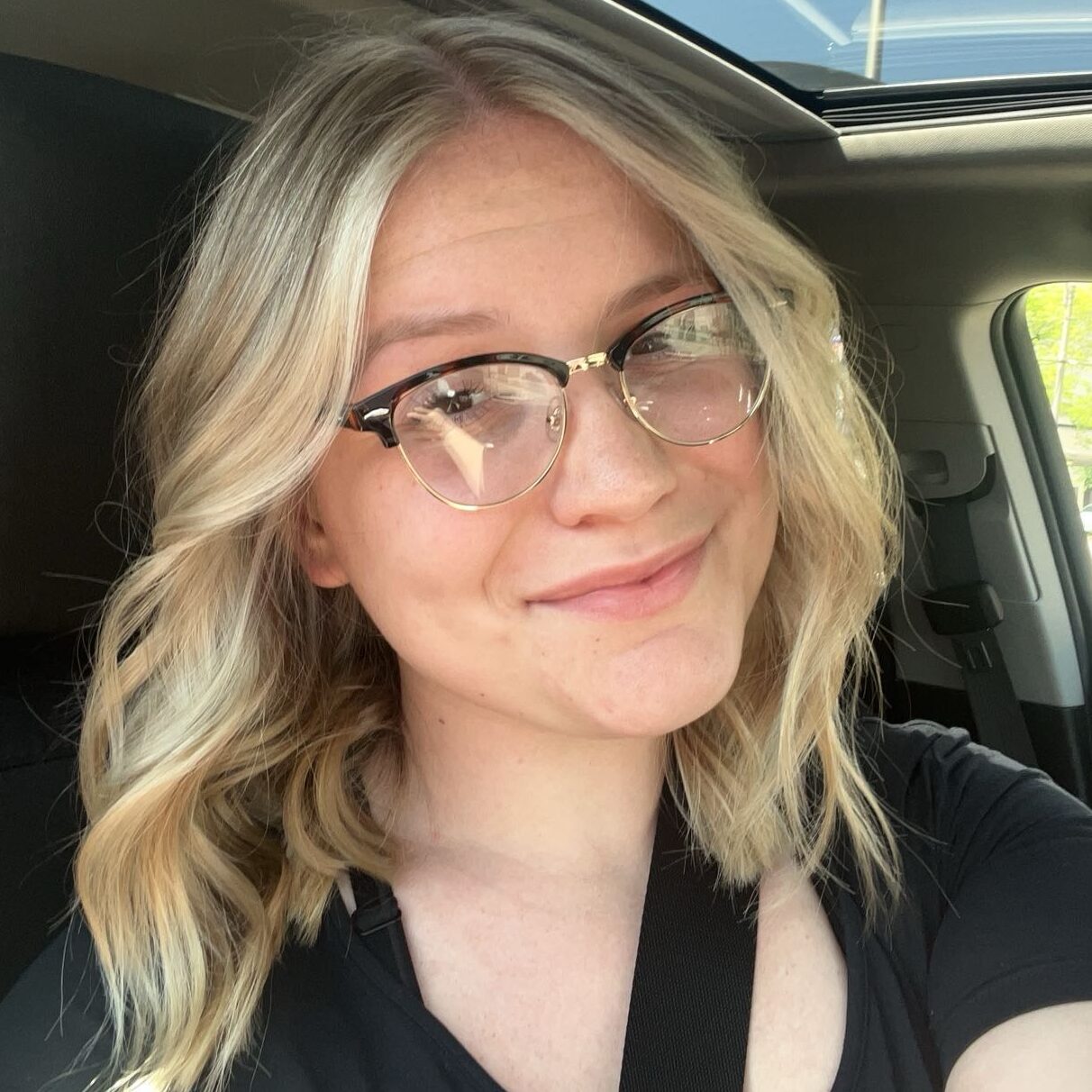Touch by Shuang Wei
Before I came to America, I watched the TV series, “Touch.” It’s about a boy, Jake, who can touch the future, and feel the “pain of the universe.” In his opinion, things are connected by patterns. He used the number pattern to lead his father to his professor, Arthur Teller. This alludes to the inter-connectivity of humanity as envisioned by the Chinese legend of the Red String of Fate, whereby actions, seen and unseen, change the fate of people across the globe for the better.
As for me, I do not possess such abilities to touch the future, but I do want to touch this young but developed country, the United States of America.

In China, we hear about the USA often–from the movies to the songs, from American Idol to the talk shows, from “Friends” to “Gossip Girl.” The US has influenced China so much, even before the reform in China. In China, there are some assumptions about Americans that I have wondered about. As I get to know Americans, I have noticed that the stereotypes that I had are changing. I will share four assumptions and how these are changing as a result of my stay in America.
The first assumption is: Americans are self-centered and they do not want to help others, because they are busy with their own business. At the NCSU Orientation, the speakers told us to ask for help if we encountered problems, and to not face the issues or questions by ourselves. Even as strangers, most of them are willing to help others. The employers in the supermarkets guide you to the groceries you are looking for; the school bus driver waits for you when he sees you are trying to catch the bus; a girl stops to ask if you need help because she notices that you are looking for something. I still remember one rainy Wednesday, my roommates and I were wondering how to get to the bus stop, since we had class that evening. It was raining heavily when we received a message from our classmate that she could pick us up. She told us that her Grandma always said, “If you have the chance to do good, do it.”

The second assumption is: family members do not have a close relationship. Children will be apart from their parents when they grow up. I have met several families. We have a friend whose father and mother moved from another state to here, because they wanted to stay near her. They are so generous to let her friends come in their house and visit the lake. There is another friend, who drove eight hours to celebrate a grandson’s birthday—tired, but so happy.

The third assumption is: students are free to do everything, such as drinking, talking, eating, and so on.They do not need to take exams. After we visited a middle school nearby, I found that there were a lot of rules for the students to obey. Even when I interviewed them, someone told me that he was obeying rules to make learning more interesting. As a student at NCSU, I have to follow the instructions and hand in homework on time, or I cannot get the grades. On the other hand, students are encouraged to create their own website and tell their own stories; they have more space to practice. As for examinations, there are more and more requirements in America, such as the “Common Core State Standards,” and the “No Child Left Behind” program. The schools need to reform in order to adapt the standards, which means the children in American schools also need to take a lot of exams.

The fourth assumption is: the public transportation system is developed. There are school buses on weekdays, but on the weekends, they all have a rest. Since America is “a country on the wheel,” most Americans have their own cars. They can drive anywhere they would like to. But for international students or those who do not own a car, it is really inconvenient to buy things or go shopping, especially on weekends or holidays. However, the school bus is “open to the public.”

These are only a few aspects of my touching America–the tip of the iceberg. I want to learn and grow in my understanding of this country. I want to communicate with American friends face-to-face, and gain a deeper understanding of who they are. I want to touch America.


Blog post written by Shuang Wei (NLGL program BRS Cohort 1)
- Categories:


